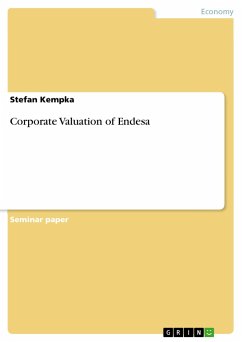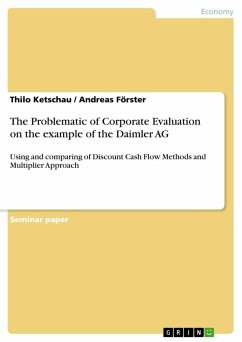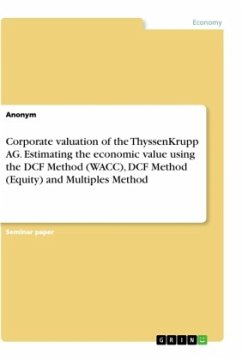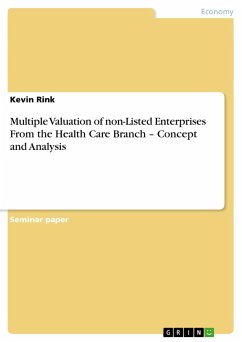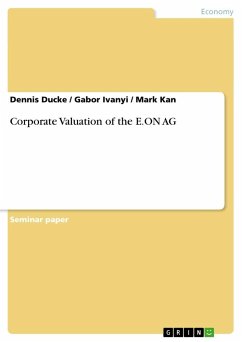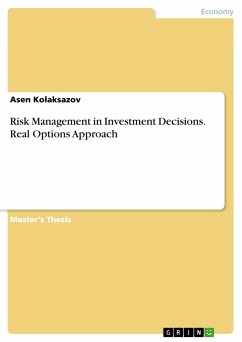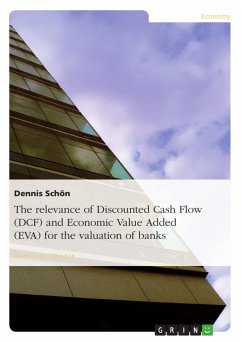Seminar paper from the year 2007 in the subject Business economics - Investment and Finance, grade: 1,5, University of Applied Sciences Essen, course: Financial Management I, language: English, abstract: The European energy power markets continue to be one of the major topics of political, industrial and financial discussions and meetings. Prices of the energy products are increasing due to declining reserves and the emerging countries like China and India are fueling a constant growth in world-wide demand. The right energy mix for the utility companies is becoming more and more important as well as the investments in a 'cleaner' energy due to ecological issues are necessary. For a utility company a powerful standing is essential to secure these supply issues for short and longterm supply. This is maybe one reason for the upcoming consolidation in the energy market. E.ON is also trying to play this game. Its strategic and financial goals through the merger with Endesa are to create the world's leading power and gas company and therefore, a stronger presence in the European and American market as well as to create an advanced financial value for the shareholders. Generally for mergers it is important that both, investors in shares and managers of companies seeking to make acquisitions, need to know how much a company is worth and how much they are willing to pay for their investment. Therefore, the authors outline the theoretical background of valuating companies and will show how different valuation techniques can be used in different contexts. As for every acquisi-tion, on the one hand the possible buyer should always bear in mind that: "Price is what you pay, value is what you get". On the other hand it is also important to keep in mind that: "A thing is worth whatever the buyer will pay for it". These are two statements which are also important beside the valuated company values. For that reason, the authors valuate Endesa with two different valuation methods including their different approaches. First of all the Discounted Cash Flow (DCF) method will be applied. Herewith the authors will use the three different approaches: entity, equity and the adjusted present value technique. Afterwards these results are validated with three different multipliers by using the multiplier method. The average result - without the result of the Discounted Cash Flow method / equity approach - of these calculation is an estimated share price of 41,81 EUR/share or a corporate value of about EUR 44,262 billion for Endesa. The last bid of E.ON was placed on 02. February 2007 with a value of 38,75 EUR/share this means a corporate value of EUR 41,027 billion.
Hinweis: Dieser Artikel kann nur an eine deutsche Lieferadresse ausgeliefert werden.
Hinweis: Dieser Artikel kann nur an eine deutsche Lieferadresse ausgeliefert werden.

